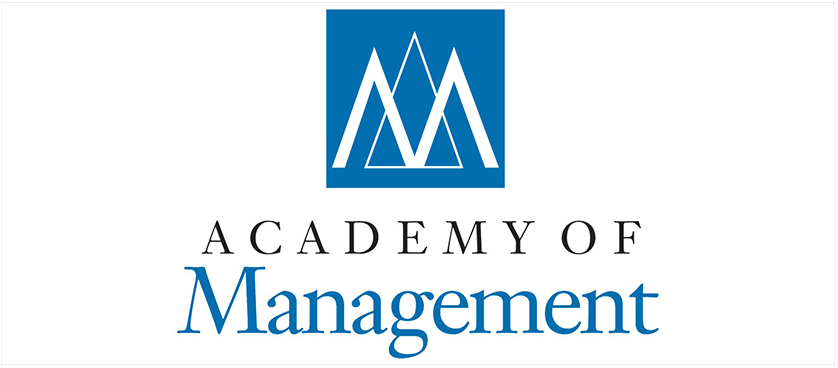Avatar vs. Gone With the Wind – the right Key Performance Indicators for the movie industry
Over the past few weeks the majority of media outlets in the world have been writing about how Avatar surpassed the world’s highest grossing film of all time – Titanic. Cinema and motion pictures are acknowledge today as a major art form, also called the seventh art. At the same time they constitute a major business. Blockbusters can generate millions and more recently billions of dollars. One important source of revenue represents the money collected as admission to film, also called the Box Office.






